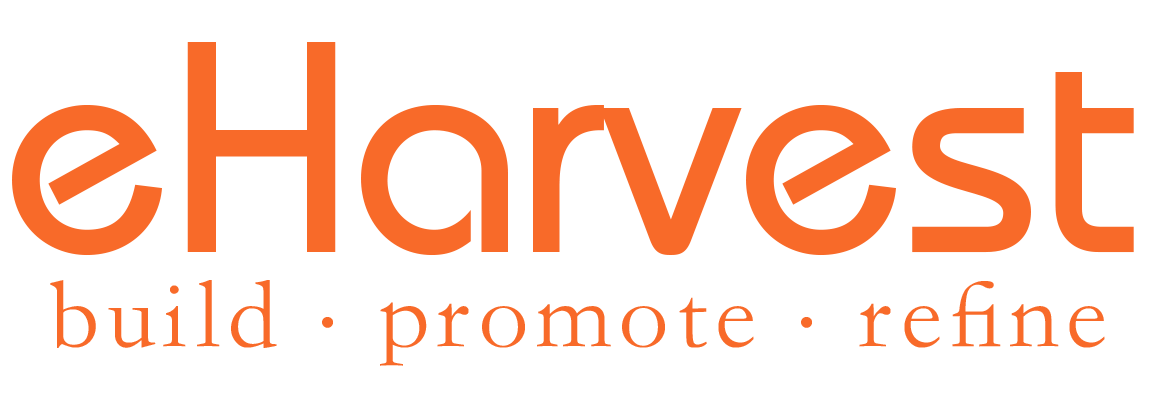SEO is an area where too many eCommerce startups cannot help to fall in the hands of Shonky digital agencies because they think there must be some magic about first-page ranking and they don’t believe in themselves to make that happen. The reality is SEO is surprisingly simple, the only difficulties are there are too many groundworks to be done so store admins often take shortcuts when it comes to SEO related contents, such as:
- Product titles. Be specific, include all accessory attribute keywords to describe a product
- Product URLs. They are often auto-generated based on a product title, however, when duplicating products, you must change URL accordingly
- Image name and alternative descriptions. They should be very similar to product names and this is where most online stores failed the most. It’s not an easy task because for a 5k SKUs sized store, there are likely 20k images to be named properly. But if you start everything right in day one, you won’t have to come back a redo it.
- Meta titles, descriptions and keywords. Often left empty, they are the first piece of information visitors see when your pages show up in the search. Now you should understand the importance of them, as the goal here is to encourage searchers to click on your ranked pages, which is what we believe the key reason why we care about meta information. Would you fill them by your own staff members since they are the best persons when it comes product knowledge; or would you pay for them to completed by a digital agency where the actual tasks could be done by someone who is likely to be 10000 miles away from your country with no ideas about what you’re selling?
- Custom attributes. Yes, custom attributes help not just shoppers but also search engine to better understand your stores. That’s why we consider shop categories and custom product attributes as the foundation of any eCommerce project.
- Product descriptions. It’s easy to copy and paste from somewhere else but that’s not what search engine wants, authentic information is what makes products standout even when there are hundreds of online stores selling the same products. If you think you’re better than others and you deserve a higher seat in organic ranking, this is where you show off your knowledge. After all, the organic ranking is a fair place where you get what you put in.
- Product images. A search engine might not be able to tell whether your product images are pretty ones or not, but poor quality product images usually have higher bounce rates which are a ranking factor. Therefore, if you think you can get away with this, think again! The underline principle of SEO is based on user experience so the two coexist.
- Customer-generated data. Encourage review and don’t be stingy – reward the customers who gave you good feedback or product reviews. Advocacy is built on generosity which leads to more customers with better loyalty and greater sales. If you’re a reseller, holding onto your RRP while other resellers are doing all sorts of promotions will not only give your business a bad reputation but also limit your store from becoming a better seller. Online shopping is tougher than ever where the win-win situation is unsustainable, losing in one or two products then make it up from others is a superior sales mentality we believe many seasoned power sellers would agree. From a technical point of view, we just cannot stress enough the significance of user-generated data – it’s becoming the driving force of online shopping.
